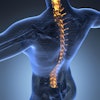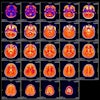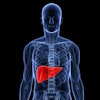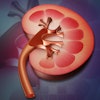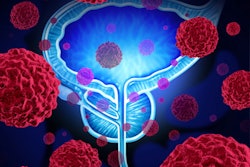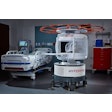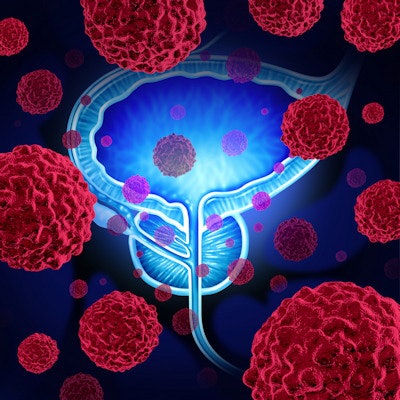
A diagnostic model that incorporates artificial intelligence (AI) analysis of radiomics features on multiparametric MRI can predict the likelihood of prostate cancer recurrence prior to surgical treatment, enabling preoperative risk stratification of patients, according to research published in the January issue of EBioMedicine.
A multi-institutional team of researchers led by first author Lin Li and senior author Anant Madabhushi, PhD, of Case Western Reserve University developed RadClip, a nomogram that incorporates radiomics and clinicopathologic data analysis in order to predict postsurgical biochemical recurrence-free survival and adverse pathology. In testing on patients from four different institutions, RadClip outperformed other risk-prediction models.
"Genomic-based tests cost several thousand dollars and involve destructive testing of the tissue," Madabhushi said in a statement from Case Western. "Prognostic predictions from an MRI scan provide a noninvasive method for making both short-term and long-term decisions on treatment."
RadClip was developed using data from 71 patients from Case Western, the Cleveland Clinic, University Hospitals, and the Louis Stokes Cleveland Veterans Administration Medical Center. All patients had received 3-tesla MRI followed by radical prostatectomy between 2009 and 2017 with a median 35-month follow-up period. The nomogram encompasses preoperative clinicopathologic parameters, as well as RadS -- a radiomic model that outputs a risk score based on analysis of five radiomic features found to be significantly associated with biochemical recurrence-free survival.
The researchers then compared RadClip with three risk-prediction models -- Cancer of the Prostate Risk Assessment (CAPRA) score, Postsurgical CAPRA (CAPRA-S) score, and Decipher genomic tests -- on a separate test set of 127 patients. They concluded that RadClip performed better for predicting biochemical recurrence-free survival, as well as adverse pathology -- extracapsular extension, seminal vesicle invasion, and lymph node involvement -- known to be associated with risk of recurrence and metastasis.
| Performance of RadClip in patients with prostate cancer | ||||
| CAPRA | Decipher genomic tests | CAPRA-S | RadClip | |
| Concordance index for biochemical recurrence-free survival | 0.68 | 0.51 | 0.75 | 0.77 |
| Area under the curve for predicting adverse pathology | 0.69 | 0.66 | n/a | 0.71 |
"The radiomic nomogram presented in this study could be potentially used as a surrogate to genomic-based prognostic tests to identify [prostate cancer] patients with low risk of [biochemical recurrence] and [adverse pathology] and who therefore might defer additional therapy," the authors wrote.
By providing information that can help predict the existence and extent of cancer on the margins of tumors, the AI algorithms can also help surgeons make informed decisions about how much tissue to remove, according to the researchers. What's more, the model's predictions can also aid oncologists in deciding whether a patient needs adjuvant treatments such as radiation therapy or chemotherapy after surgery, the authors said.
"Having this information before surgery provides surgeons and oncologists the time and space to adjust treatment plans and come up with a plan that's best suited to the patient," said Li in a statement.


